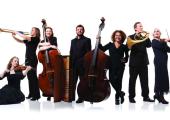Prom 47: Orchestra of the Age of Enlightenment, Alsop
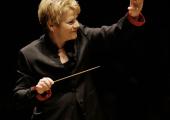
The fifth Saturday night of the Proms season, curtain-raising for Marin Alsop's history-making Last Night
In a couple of weeks Marin Alsop will become the first woman ever to conduct the Last Night of the Proms. Yesterday's programme of 19th century works by Brahms and Schumann, on the fifth of the eight Saturday nights of the season, thus had its Proms-specific raison d'etre, a signpost towards that history-making final Saturday. Just as the last night's high jinks have their own, ordered traditions, the Proms planners definitely enjoy giving a self-referential logic to the season.

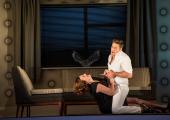
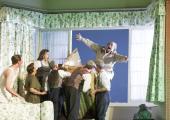
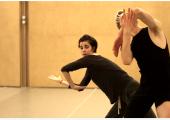
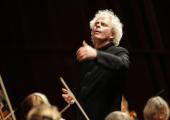
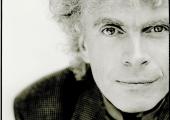
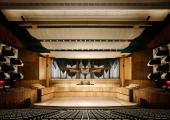
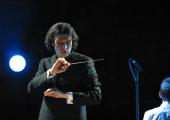
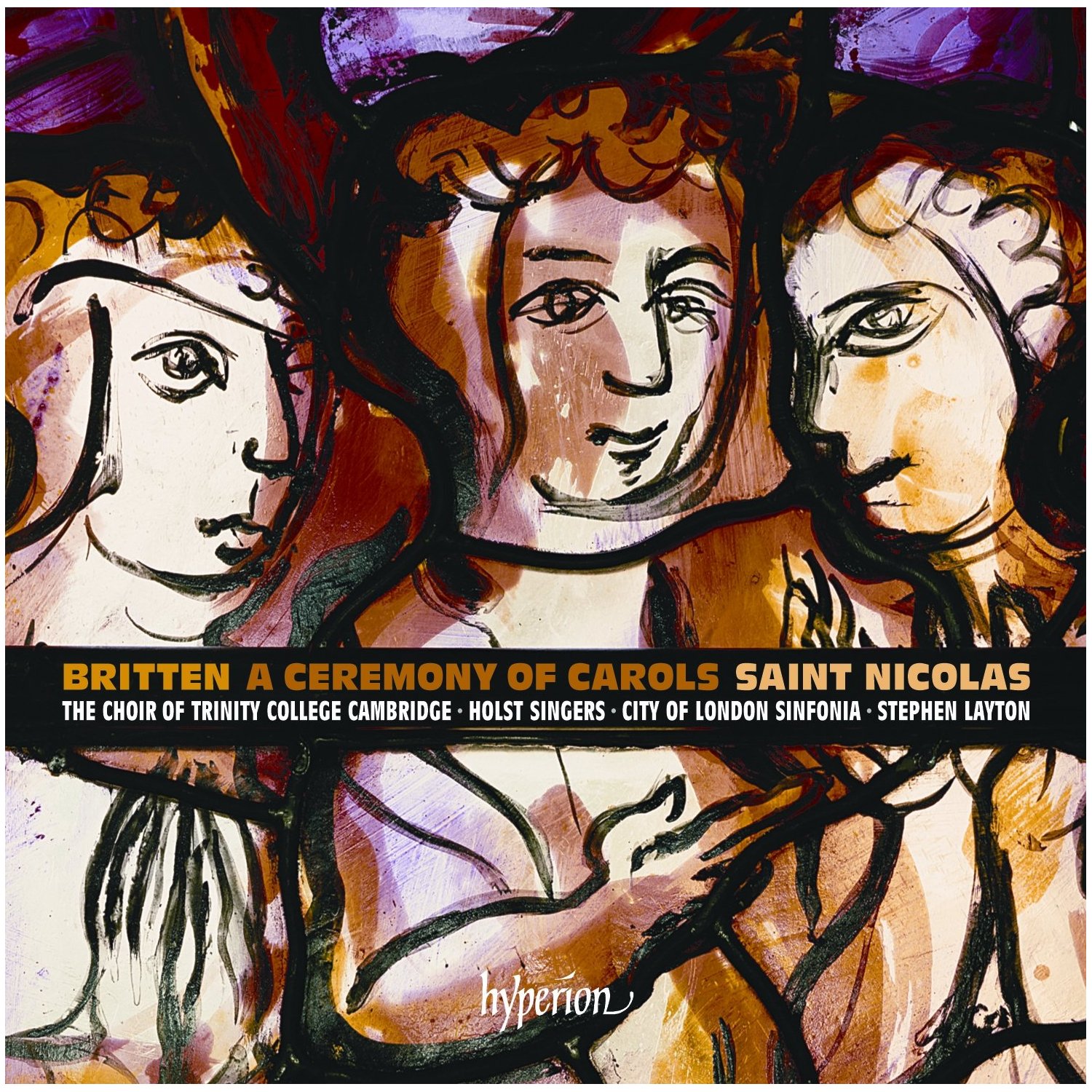 Britten: A Ceremony of Carols, Saint Nicolas Choir of Trinity College Cambridge, Holst Singers, City of London Sinfonia/Stephen Layton (Hyperion)
Britten: A Ceremony of Carols, Saint Nicolas Choir of Trinity College Cambridge, Holst Singers, City of London Sinfonia/Stephen Layton (Hyperion)